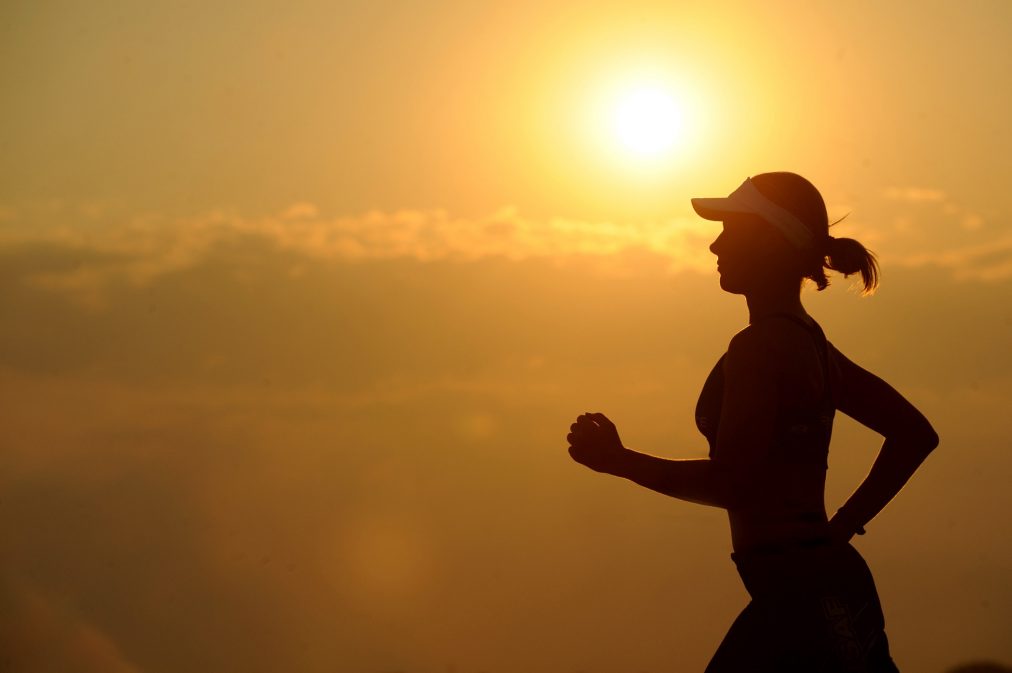Common Running Myths

Running increases your risk of knee osteoarthritis
Many people believe that running causes arthritis and ruins their knees. But studies have shown that the opposite is actually true. These studies have shown there is no increased occurrences of knee and hip OA in runners when compared to non-runners. Some have shown more knee and hip replacements occurring in non-runner populations.
The ‘Perfect’ running form exists
While there are many schools of thought that promote a specific running technique, the truth of the matter is that there is no ‘perfect’ form. Consider the vast differences in body types, limb lengths, and proportions. It would not make sense to have a uniform running style. Focus on maximizing your running economy rather than changing minor details of your gait.
Barefoot running is the best
I do agree barefoot or minimalistic running is beneficial. However, a blanket statement that barefoot running is optimal for all runners is unsubstantiated. Studies are rather split on this hot topic. There seems to be a good amount of agreement that running barefoot can help correct running mechanics in a runner but there is a relatively high risk of injury. It must be used with great caution or under the guidance of an experienced clinician or coach.
Many studies can agree that running in a lighter or minimalistic shoe is more economical in terms of oxygen consumption. Some state that for every 100g increase in shoe weight, your O2 consumption increases by 1% per leg. So, for every 100g increase in shoe weight, you will have to work harder by 1% per shoe.
You should stretch before your run
Studies are showing static type stretching does not have performance benefits nor do they help reduce injuries in general. The recent consensus is to use dynamic type stretches and exercises to warm up the body before your activity. These movements should be related to your activity.
Examples: high knees, leg swings, butt kicks, skipping.
Now there are times as a clinician, I will recommend clients to stretch certain muscles before an activity for reasons specific to their injury or conditions.
Running causes back degeneration
It’s easy to blame running for potential negative effects on the body. We all have heard someone report that running has ruined their backs. Seems plausible considering all the ‘jarring’ that happens during a run. But a study has shown that the MRI imaging of discs in the runners group were healthier than the non-running group.
Running with flat feet will cause injury
The evidence is rather split on this topic. Simply stating or prescribing a motion control shoe or orthotics for all individual who pronate would be incorrect. There is no standardized measure of how ‘flat’ these feet are in the studies. That is why we would address each injury individually and consider several other factors such as ankle mobility, hip and core stability before recommending an orthotic or motion control shoe.
You must run at 180 steps per minute cadence
Recently the buzz in the running community is the cadence of your running gait. 180 is the optimal number according to many articles. It is true that elite runners do have a higher cadence than that of the recreational and intermediate runners. But the fact is that your cadence should be 180 +/- 10 steps per minute. That means anywhere from 170 to 190 steps per minute.
Dehydration and electrolyte loss causes cramping
We have been bombarded with statements that a dehydrated body with electrolyte loss will make us prone to cramping. But it seems that it might be false despite all the sports drinks, gels, and tablets on the market.
Studies have shown that after an event such as marathons and Iron Man races, those who cramped did not show any deviations in body electrolyte concentration compared to non-crampers. It even went on to show that the non-crampers had more water loss and lost more weight during their races.
Rob Iwasaki, BScPT, BScKin, Clinical STOTT Pilates, CAFCI

About twice a month our therapists will be posting answers to commonly asked questions. So, if you have a burning question that you want answered let us know in the comments below.
We can cover anything ranging from active rehabilitation, to injury prevention.
This week our featured therapist is Rob Iwasaki. To learn more about Rob check out our PhysioWorks team.


Leave a Reply